I recently pulled out my Avalon storage box where everything I’ve ever thought of, dreamed of, or hoped for in the form of my cheese shop has been safely stored and collected. It’s rather an enjoyable, yet odd collection (in my mind, anyway) of things to look through, including articles from a decade ago when I first began entertaining the idea of opening a cheese shop; product information from a couple of Fancy Food shows and a few great conferences I attended; recipes I want to incorporate into our Small Bites offerings; notebooks from classes, trips and tastings and on and on.
As I was intently looking for one thing, the December 2002 Food & Wine article I saved about Bernard Antony, or Cave Man, as writer Peter Kaminsky referred to him, appeared.
This I have to say is THE article that planted the seed and created the cheese shop idea for me. To learn that someone could have such a love of something like cheese helped germinate my plan. To look at Antony holding the lovely, mellow, huge wedge of French cheese (farmhouse Laguiole that I have never had the delight to taste) with that smile of his – oh that smile – I was immediately drawn in again and happily reread the article three times over.
Antony is called Cave Man because he owns four aging cellars or caves in the Alsatian town of Vieux-Ferrette where he monitors and manages the flavor maturation of artisan cheeses. He is also called cheese pope because he knows his stuff. Cheese people know he knows his stuff. The French government knows he knows his stuff.
According to Antony, an affineur (one who ages cheese) is the one who gives cheese its taste. Hats of to the cheese makers but step aside, please.
Whether we agree or disagree on this matters, of course, but I don’t want to quibble about that now. What I was reminded about in the article is that the pasteurization of milk is, as Antony so aptly phrased it, “flavor murder”. Antony in the article notes that, “Pasteurized milk is, in effect, milk that has been killed. It lacks the subtle qualities that will satisfy a cheese connoisseur. Also, its complete lack of bacteria leaves it unable to fend off contamination.”
Flavor is depleted when milk is pasteurized and used for cheese making. It's rather lost its “muchness” in the process. We should busy ourselves with learning about the food we love. How things are processed or made. What’s best for the artisan as he strives to remain true to what he knows to be right and what he’s proud of producing. We should ask questions and seek answers about what is too much of an intervention in the process.
Of course, we should be tasting and learning and sharing. Try different cheeses. Raw milk versus pasteurized. Aged well versus well… not aged well. French, American, English, Spanish, Italian. Find what you love and share it with us.
Originally posted August 28, 2012 on The Little Bleu Cheese Shop Web Site
